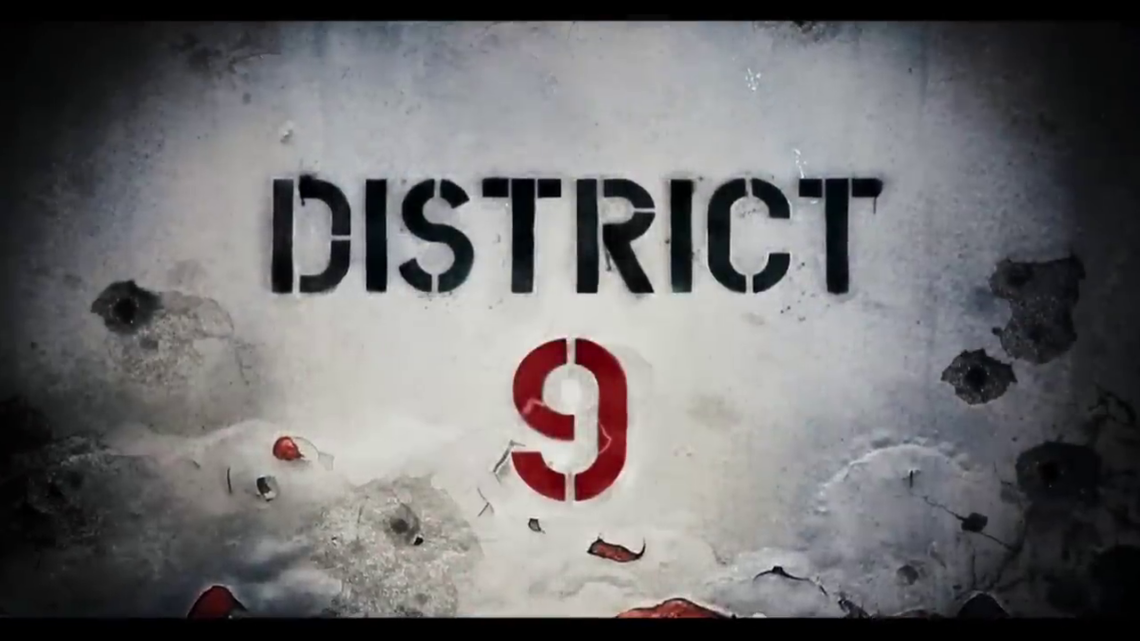
#619 – District 9 (2009)
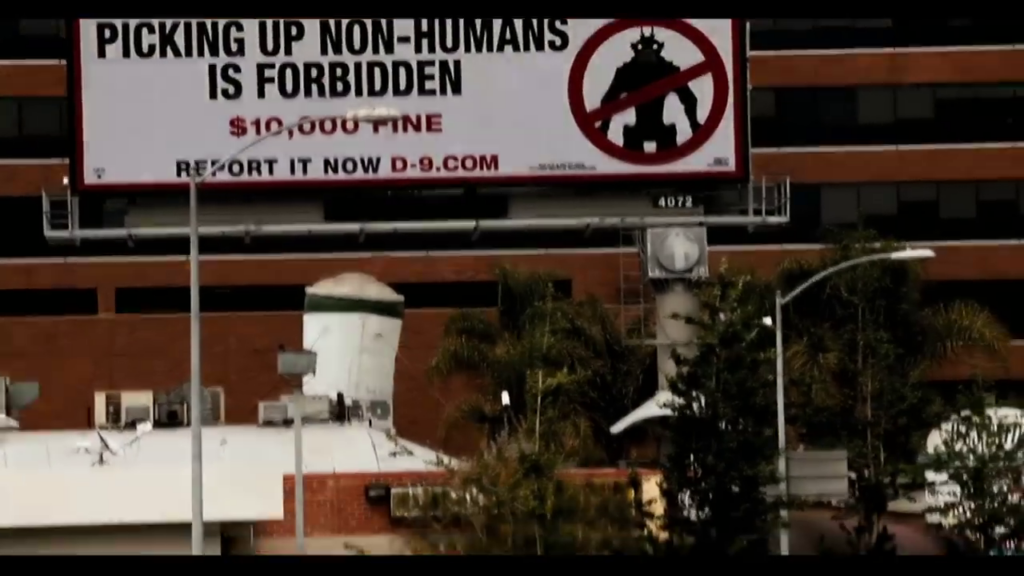
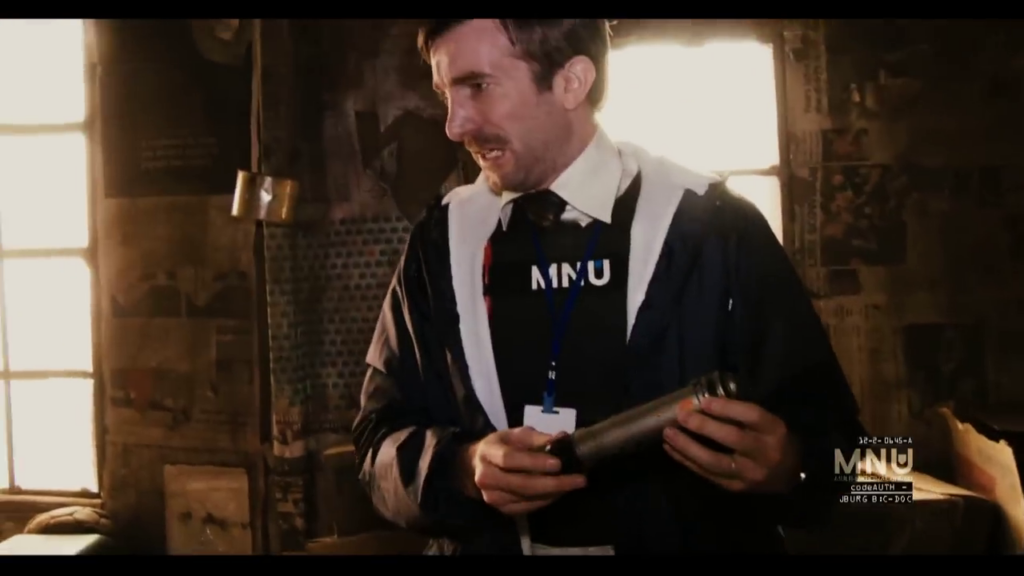
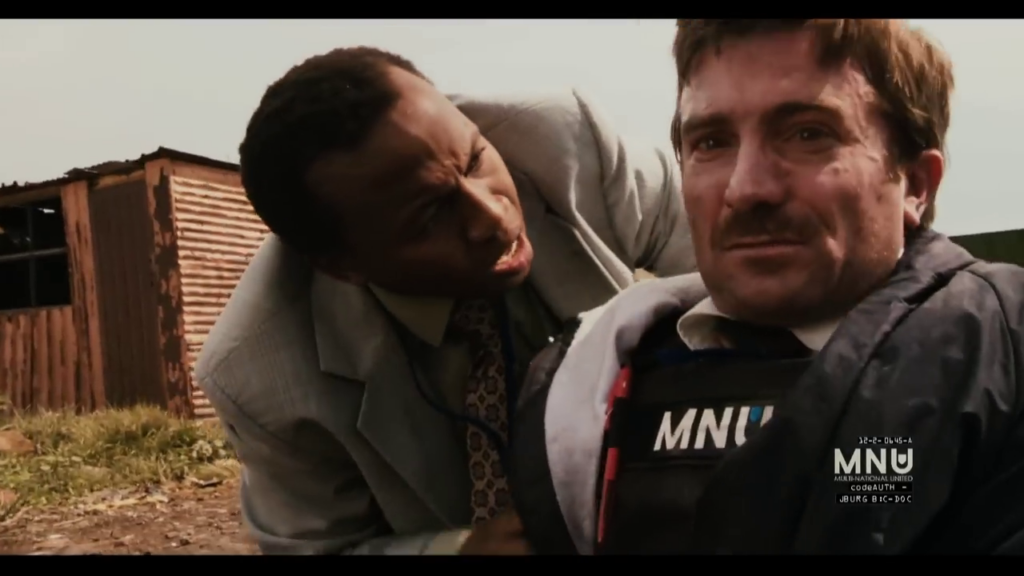
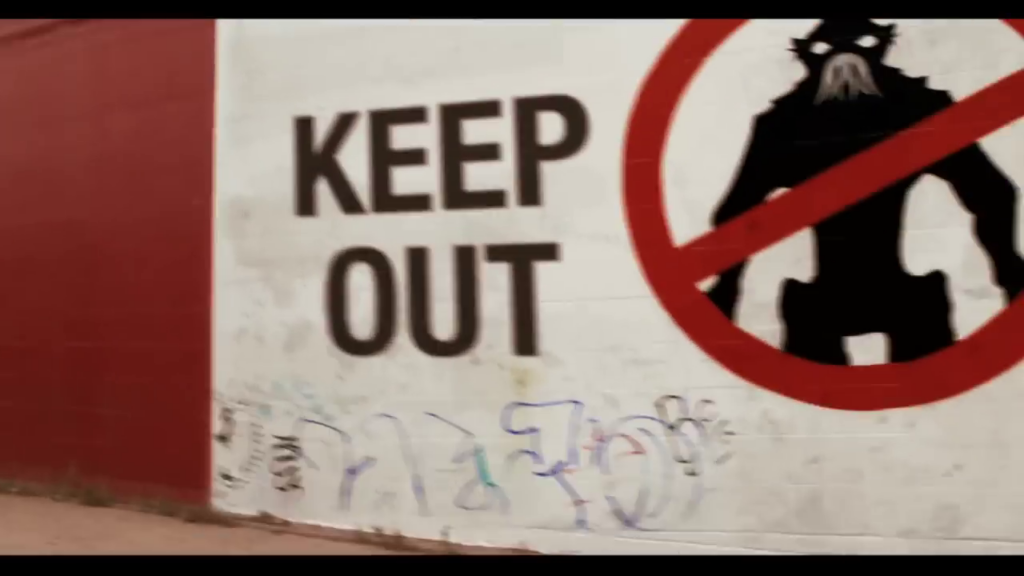
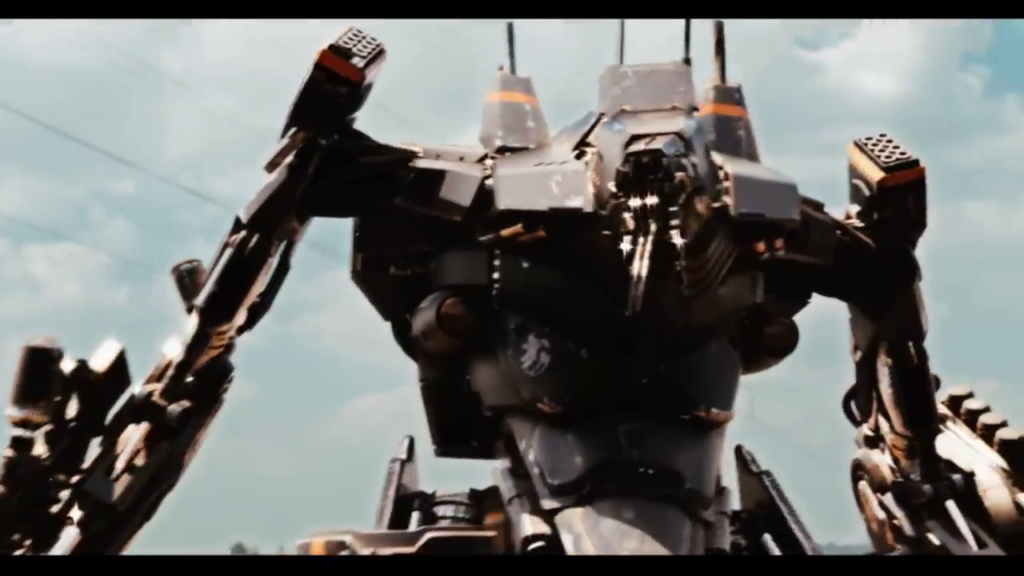
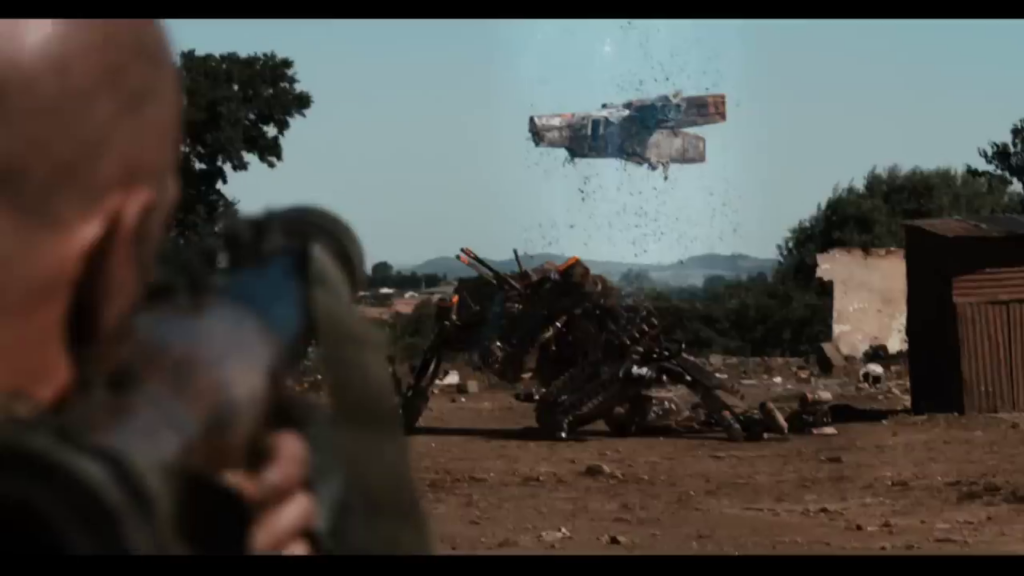
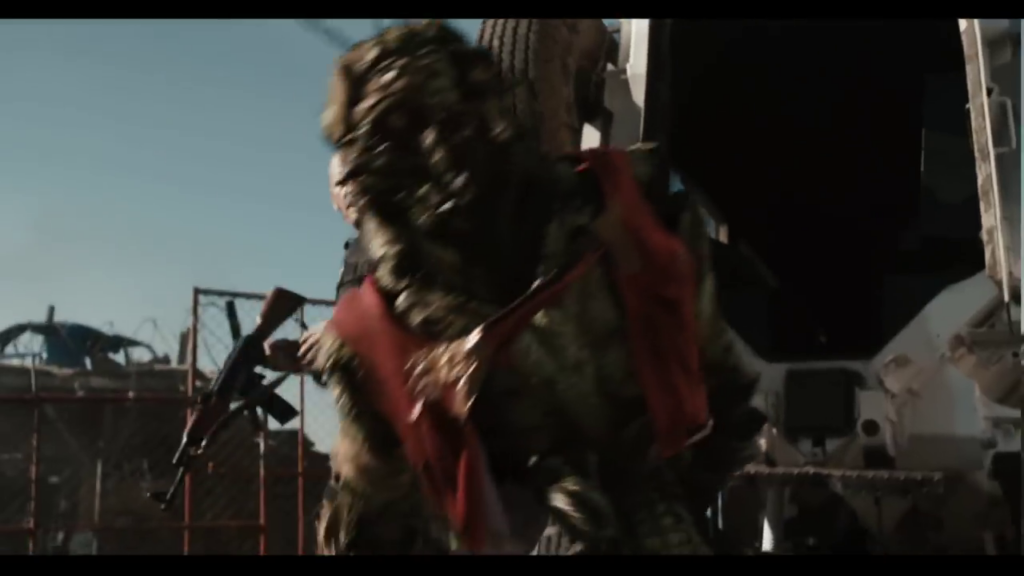
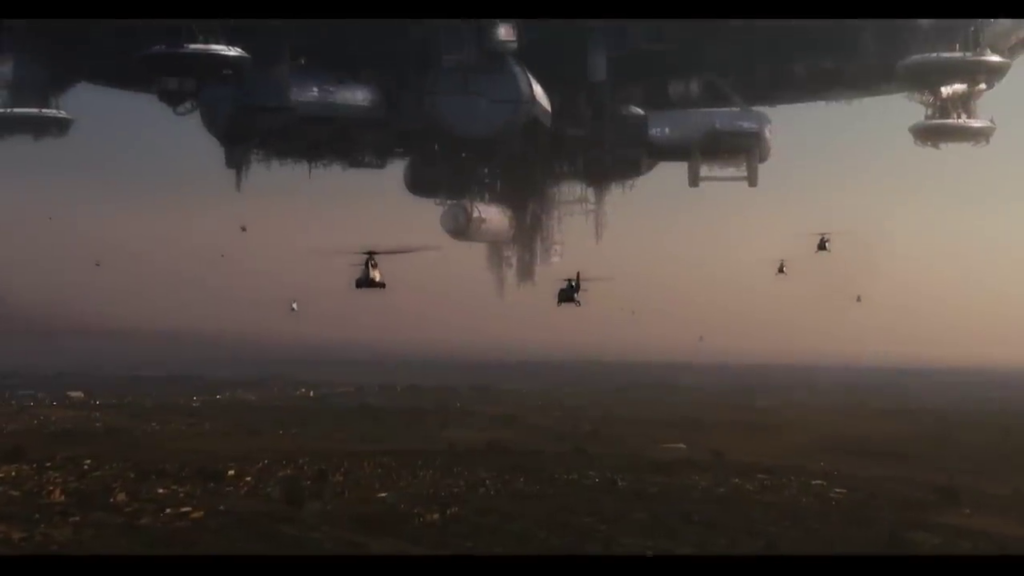
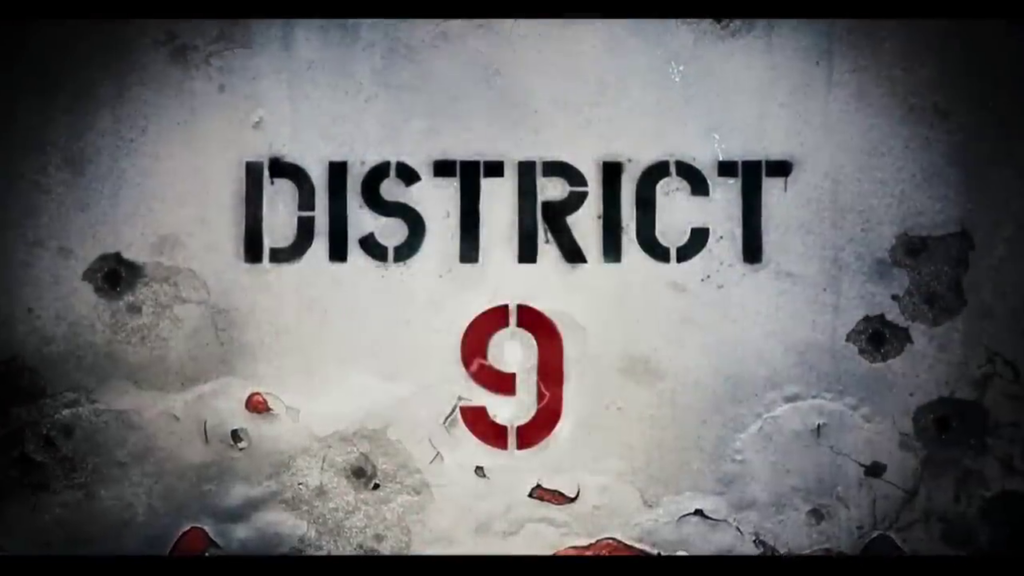
District 9 (2009)
Film review #619
Director: Neill Blomkamp
SYNOPSIS: 28 years after an alien ship arrived on Earth hovering over Johannesburg, the alien inhabitants are confined to a section of the city known as “District 9.” When the decision is made to “relocate them (forcibly) into a new camp outside of the city, Wikus van de Merwe is put in charge of leading the relocation, but when he is exposed to a strange substance, he finds himself slowly turning into one of the aliens, and is confined to be experimented upon. When he escapes, he seeks the only place where no one will look: district 9…
THOUGHTS/ANALYSIS: District 9 is a 2009 sci-fi film. 28 years after a spacecraft arrives to Earth, stopping to hover directly over Johannesburg. The alien inhabitants were cut free and settled in a sealed-off region of the city known as “District 9.” Now, after resentment has grown by humans for the “prawns” living in the city, seeing them as responsible for crime and costly, the government has decided to relocate them to a camp outside of the city, and hired weapons company Multinational united (MNU) to oversee the relocation. The head of the company chooses his son-in-law Wikus van de Merwe to oversee the operation, and they begin the task of delivering notices of eviction to the residents (and relocating them whether they agree or not). Wikus is exposed to a strange substance that slowly turns him into a prawn, which leads to him being contained and used for experiments (particularly in using the alien’s weaponry which only they can use). The film’s method of storytelling and giving the backdrop to the film through reports, interviews and documentary footage is a bit chaotic but it nevertheless gets the background of what is going on well, and makes it interesting without devolving into just plain exposition. Being set in Johannesburg brings us a setting different from the usual settings of films in New York or Los Angeles, and the location obviously brings up echoes of apartheid with the prawns being fenced off from humans. The film doesn’t really lean too much into that though: maybe it’s fine with just the setting being enough to offer an analogue between fiction and reality, but it does feel like it’s something that should be more of a focal point given the setting, but isn’t. There’s an element of satire that pervades over proceedings, which complicates things further, but the film is put together in such a way that you don’t need to understand all the different levels it is operating on.
The film is at it’s best when it offers a raw storytelling, told through all the different types of footage, offering flashes of lore and plot points from all angles that comes together quite nicely. The raw, messiness of the events of the film disrupts a more clean, sterile narrative, and keeps the stakes high. On a negative note, the film does have to fall into very cliché action scenes at points to move things along, which feel very out of place. The scene where Wilke escapes from the lab where he is held makes it seem a bit too easy, given that he was being held under maximum security, he manages to run up some stairs and out into the world with very little issue.
Wilke as a character starts off as a pencil-pusher promoted way beyond his ability, thanks to his Father-in-Law giving him the job (and maybe to take the blame for anything that inevitably goes wrong, the film leaves that open). Wilke seems to have a typical attitude to the alien “prawns,” in that he clearly has a negative view of them. His attitude towards them, interestingly, doesn’t really change much, even when he is turning into one himself, and he relies on them for help: he is always only thinking about himself. He doesn’t really get much of a redemption arc, but he is certainly a victim of humanity, but in a different way to the prawns themselves. It’s murky and not clear-cut but I suppose that’s what makes it stand out in the sci-fi genre. The prawns themselves are quite convincingly portrayed and brought to life, and though we’re not given too much backstory about them, we don’t really need it to understand their motives.
Overall, District 9 offers something original enough in the genre, weaving together complex elements and footage to disrupt a typical narrative and brings its messiness to the forefront of the experience, without alienating the viewer. It’s chaotic and messy, but clearly intentionally so. There are definitely parts where the film has to resort to more typical filming techniques and narrative points to bridge the gaps, but on the whole it offers enough to make it stand out in the genre, and entertaining enough regardless of how far you wish to dive into the satire and the sub-text of the story.

